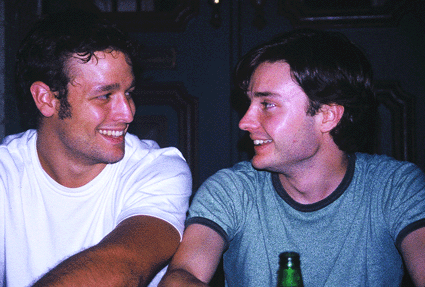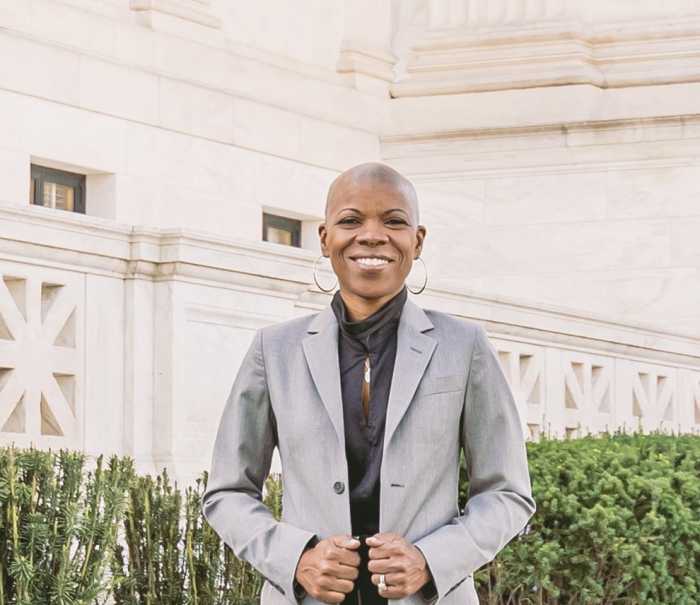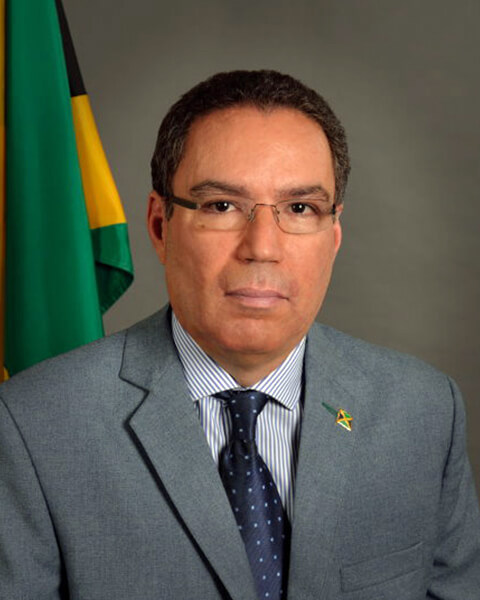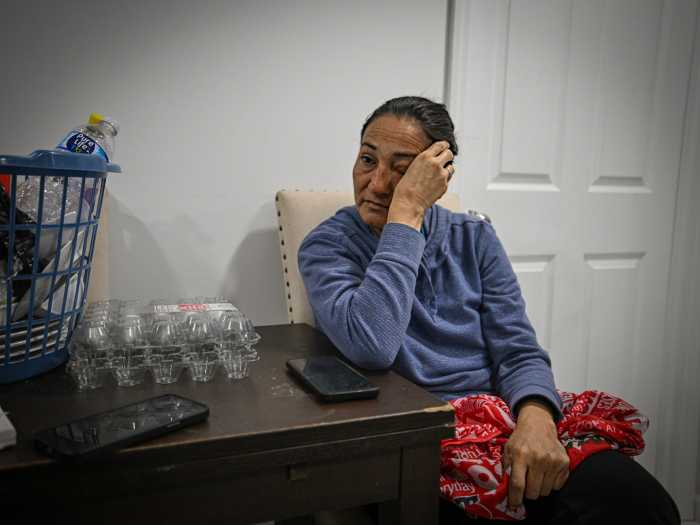Tennyson Bardwell crafts good old-fashioned coming-out flick—helped by strokes of luck
The coming-out story is passé, queer culture mavens have proclaimed. But apparently Tennyson Bardwell, creator of the delightful new coming-of-age film, “Dorian Blues,” never got the memo. Was he in a coma these last few years?
No, the first-time filmmaker has a better excuse. He’s straight.
“I was always a little behind the curve,” Bardwell admitted with a chuckle. “I didn’t meet my first openly gay person until college. I had never seen a traditional coming-out film, so it was hardly old hat to me.”
On paper, “Dorian Blues” could be construed as a musty cliché. There’s the pretty boy teen (Dorian, played by Michael McMillian), prone to sitting solo at the cafeteria lunch table, who relies on wit to survive among the “Neanderthal” jocks and later bolts to New York City to find himself. There’s the crusty, homophobic Dad (Steven Fletcher), the preoccupied Mom (Mo Quigley), and the studly quarterback brother, Nicky (Lea Coco) who freaks when he learns of Dorian’s “choice.”
Yet Bardwell didn’t care much about trends—he had a story to tell.
“For me, the material was very new, and very rich,” said Bardwell. “The notion that you could be a pariah in your own family, in your own school, just for liking guys, was mind-boggling. It’s been going on for so long in so many families.”
Judging from the enthusiastic acclaim, the supposedly obsolete formula still has some bite. Over the past year or so, “Dorian Blues” played to packed houses at several film festivals and racked up a bunch of awards, including Best Screenplay at the 2004 NewFest in New York.
And don’t try telling Bardwell—or his fans, for that matter—that in this so-called “post-gay” era his film is irrelevant. Teary-eyed gays approach him after screenings, confessing that Dorian’s saga was not much different from their own. And they don’t mean years ago, but right now.
“I think sometimes as a group, people feel they’re beyond bigotry and it’s not totally true,” said Bardwell. “People talk about race relations like that.” He pointed out that there are still pockets in upstate New York (where the film is set) and all across the U.S. where homophobia reigns.
To be sure, Bardwell has heard all the jokes, all the snickers behind his back, about being straight. And so has his wife, Mary Beth, who serves as his producer. Given the film’s uncanny homo-sensitivity, he’s even been accused of being a closet case himself. He takes it as a supreme compliment.
“It’s tricky,” mused Bardwell. “Writing a film about a gay character coming out of the closet when you’re not gay seems like a dice roll. But some of the straight love stories in the golden age of Hollywood were written by gay men. It all seems pretty universal to me.”
So why did take on such a topic? The work is, on one level, a tender elegy to his college best friend, Brian Varga, the first gay guy he ever met. Varga died of AIDS in 1991 but changed Bardwell’s life forever. The arc of the brothers’ relationship in “Dorian Blues” mirrors their real-life drama.
“Initially, I felt protective over him, like I was the stronger one,” said Bardwell. “But the roles were reversed by the end. Like the brother, Nicky, my tough-guy posture was a façade.”
Bardwell was fascinated by dichotomy within sameness, and strove to capture it on film. “I wanted to probe how two siblings can grow up in the same household and have such a divergent existence,” he said.
Despite his utter lack of experience—and a likewise green production unit and lead actors—a paltry budget of $180,000, and a host of other hurdles, Bardwell has crafted a charmingly fresh tale. A highly talented cast, wry dialogue, lovable characters, and catchy flashbacks help elevate the film beyond stereotype. Plus, a big dose of luck.
As Bardwell tells it, the production got saved lots of times. For example, during the first week of shooting, they still had no actor to play the father. Then, out of nowhere, Fletcher came along. Since his SAG card had essentially expired, he was free to take on the role in what was a non-union film. Plus, he only lived ten miles from the set.
“I feel like I ran through a minefield and then later found out it was a minefield and I just didn’t step on anything,” said a bemused Bardwell. The filmmaker is somewhat mystified at the film’s instant success.
“It was just me and an editor in a room. We hadn’t shown the film to anyone before we went to Cinequest [the San Jose film festival],” he recalled. “We just threw it out there, no press, no nothing. We didn’t expect any response, but it sold out.”
So, who does Bardwell think should see “Dorian Blues”?
“I know the gay movie-going audience will catch it if they’re inclined,” he said. “But I really wish the people who don’t think they want to see this film will see it.”
Bardwell is as amazed as he is heartened at the warm, universal reception his little indie has received so far. He recalled one incident at a non-gay festival in Lake Placid, as he lurked in the theater lobby to spy on people who’d been dragged in by their friends.
“There was this one guy, about 28 years old, with his girlfriend, who groaned, ‘I ain’t seeing no fag movie!’ They had a full argument, but she won,” Bardwell said. “Afterward, they stayed for the Q&A and he raised his hand. And I was thinking ‘uh-oh, here we go.’ But he said, ‘I gotta admit—these are the guys I beat up in high school. But now you got me thinking differently. Maybe it should be live and let live.’ And the audience erupted in applause. It was a really cool moment.”
gaycitynews.com




































